The private numbers of several high-profile figures, including the Australian Prime Minister and US President Donald Trump’s son, have been leaked online.
The phone numbers of Donald Trump Jr, Anthony Albanese and several other politicians including Australian Opposition Leader Sussan Ley, former Prime Minister Scott Morrison and former Foreign Affairs Minister Julie Bishop were all listed on a website.
Authorities in Australia have expressed concern and vowed to investigate.
But what do we know? Who is responsible?
Let’s take a closer look.
What we know
The numbers have been posted on a US-based website founded by Australian venture capital money and run by a former University of New South Wales student. The website describes itself as a ‘data intelligence’ firm. It claims to allow users access to the contact information of over 300 million professionals around the world across 30 million companies.
The website says it uses Artificial Intelligence (AI) to scrape information from across the internet including social media platforms, website crawlers, US Securities and Exchange Commission filings, and professional profiles on platforms like LinkedIn. This is then collated into an entry on the website – essentially creating a digital phonebook.
The firm says this information can then be used for business sales, contacts and marketing. The website allows free users a limited number of searches. However, those with paid subscriptions can access far more.
The website also lists contact information for other current and former world leaders such as former President Barack Obama, France’s Emmanuel Macron and UK Prime Minister Keir Starmer. However, it remains unclear if these are accurate. A number listed for Prime Minister Narendra Modi has been proven to be inaccurate.
The website contains an opt-out form which people can fill in to have their names and numbers removed within a week.
What are authorities doing?
The Australian Federal Police (AFP) has contacted the website to remove the Prime Minister’s number. The AFP, in a statement, said it is “an offence to use a carriage service to menace, harass or cause offence” in Australia. It added it would “take swift action against individuals who breach the law”.
The government has said it is aware of the issue and is working on it. Offices for some of the affected leaders say that they learned about the leak via media reports. They say they have reached out to the website in question as well as LinkedIn to understand how the information got collected.
“We were made aware of this issue when the media contacted us yesterday,” a spokesperson for the Opposition Leader Ley said. “This is obviously concerning, and we have reached out to LinkedIn to understand what occurred here. We are waiting for their response.”
“No one’s been prank-calling me but maybe that’ll happen this afternoon,” New South Wales Premier, Chris Minns, has said. “I think it is a concern if your personal data is out there. We want to make sure that we’re protecting that. But, you know, this is the age that we live in. Technology is rapidly changing … this is one in a long line of information from public officials or regular citizens that just seems to tumble out.
“In some ways it’s going to be inevitable in the future.”
However, LinkedIn denies that it was breached. It insists that the data was collected via third-party scraping, which is not allowed under its policies.
“Our policies are clear that third-party companies taking personal data and using it in ways our members didn’t agree to is prohibited, and these companies aren’t affiliated with LinkedIn,” a spokesperson said.
“In addition to the technology and teams we’ve long had in place to stop unauthorised data scraping, we continue to invest in new defences and take legal action when necessary, to detect and prevent our members’ information being used without their consent,” the LinkedIn spokesperson added.
Experts say that the use of AI to compile personal data in this way increases the risk of harassment or misuse of personal contact information.
As Toby Murray, Professor at University of Melbourne School of Computing and Information Systems, told ABC News, “With the rise of AI and related technologies, it’s become really easy to gather this kind of information together, where previously it might have taken hours or weeks of research.”
Murray added that everyone has the right to privacy and that people should be able to have their information removed from websites.
This isn’t the first time Australia has witnessed a data breach recently. In 2017, the private numbers of hundreds of MPs, senators and staffers were leaked on the Parliament House website.
With inputs from agencies


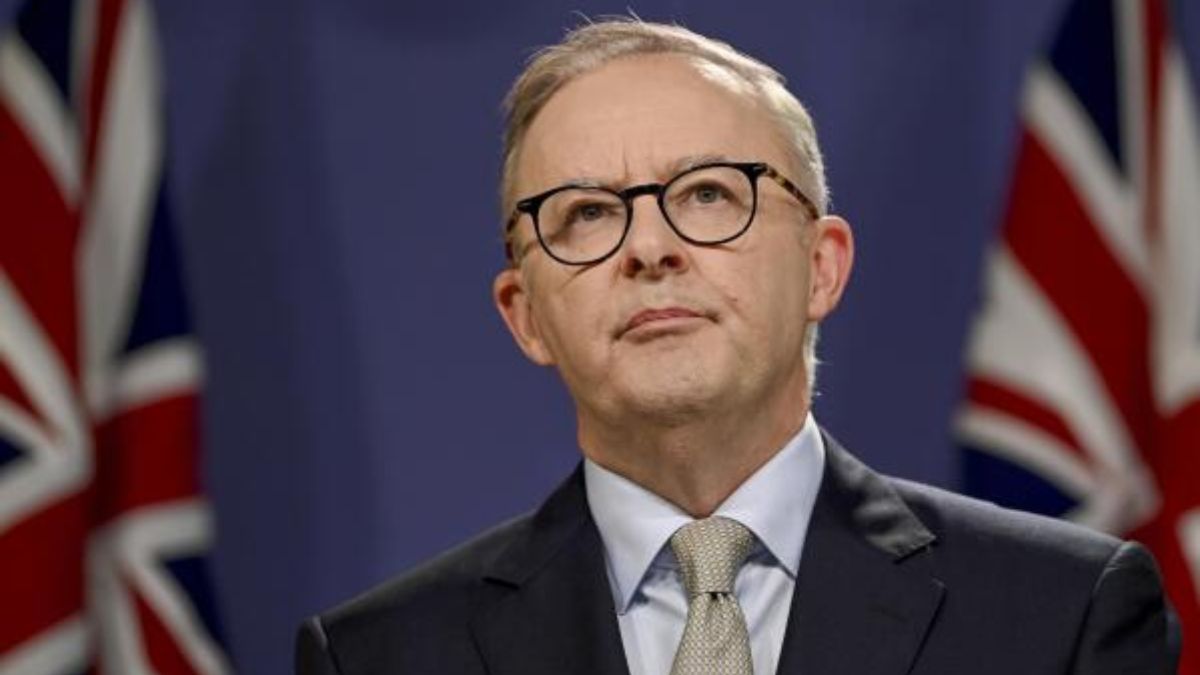)

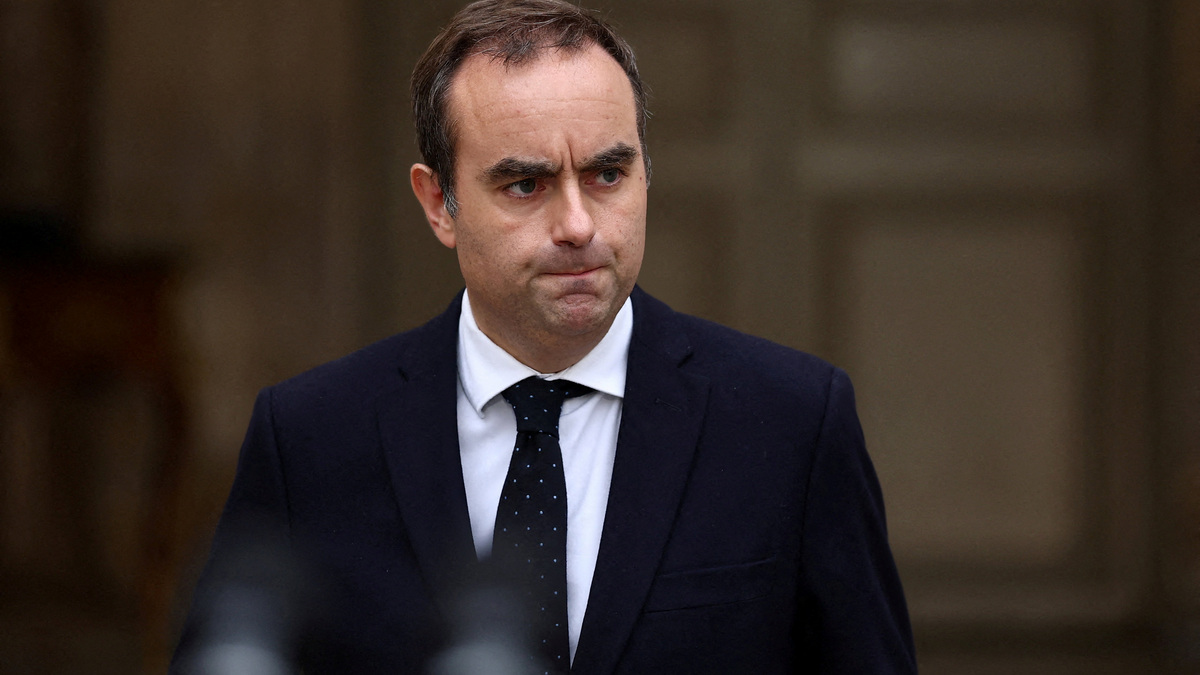)
)
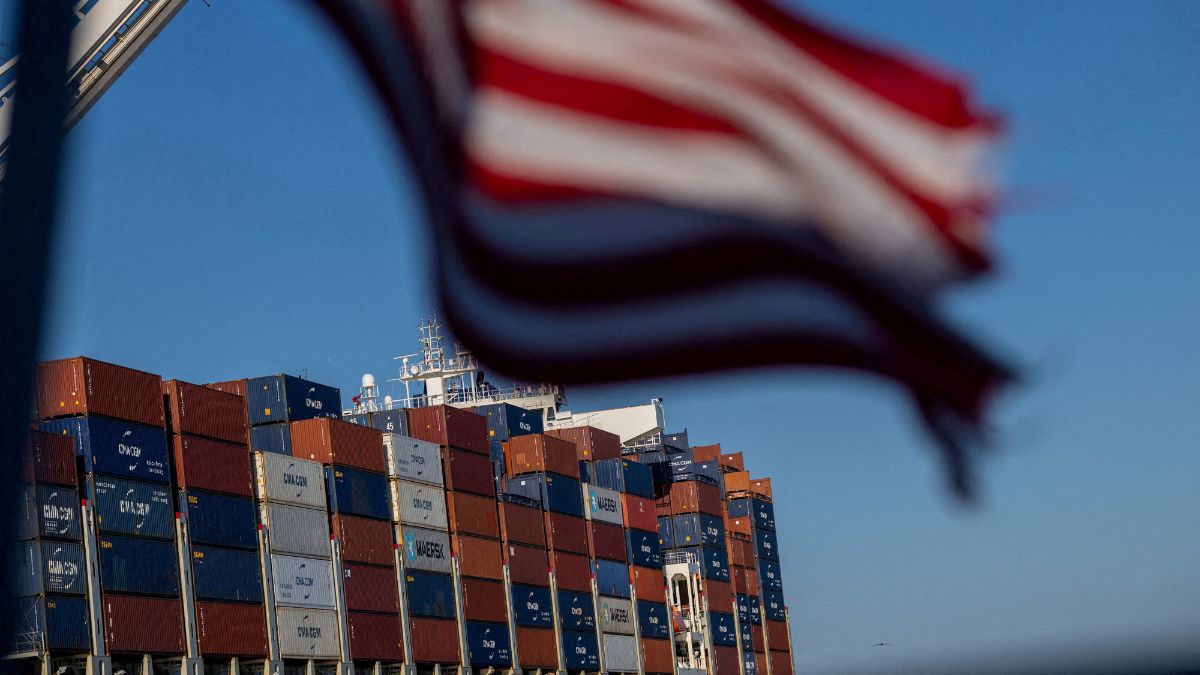)
)
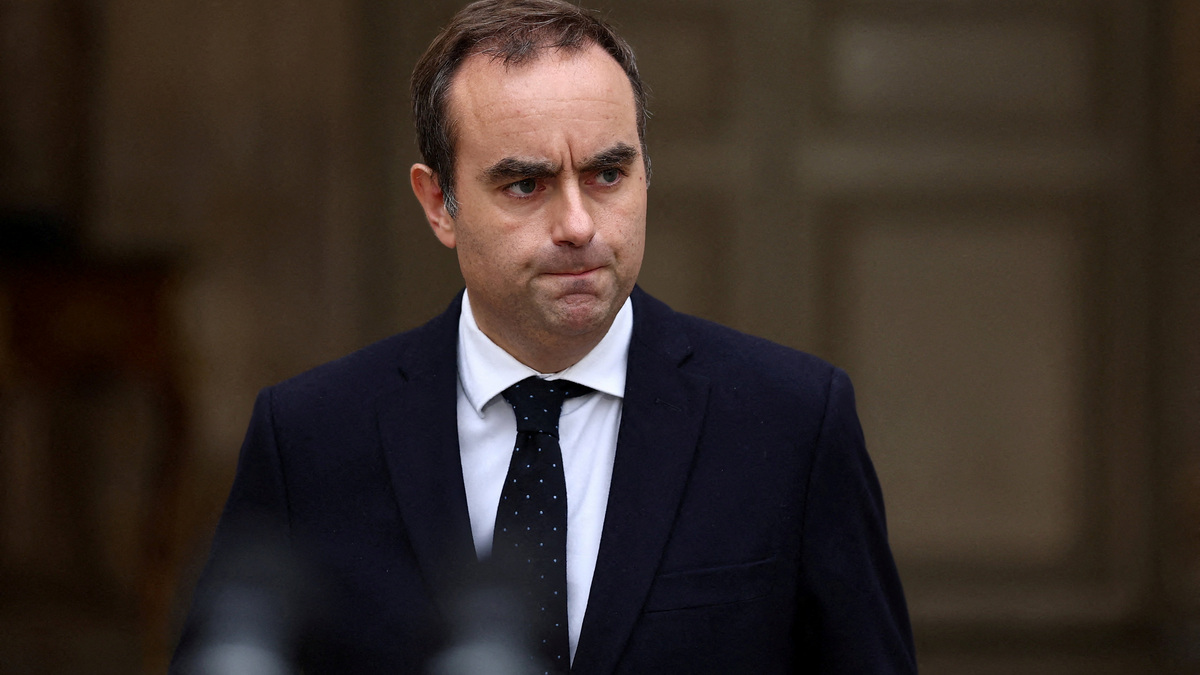)
)
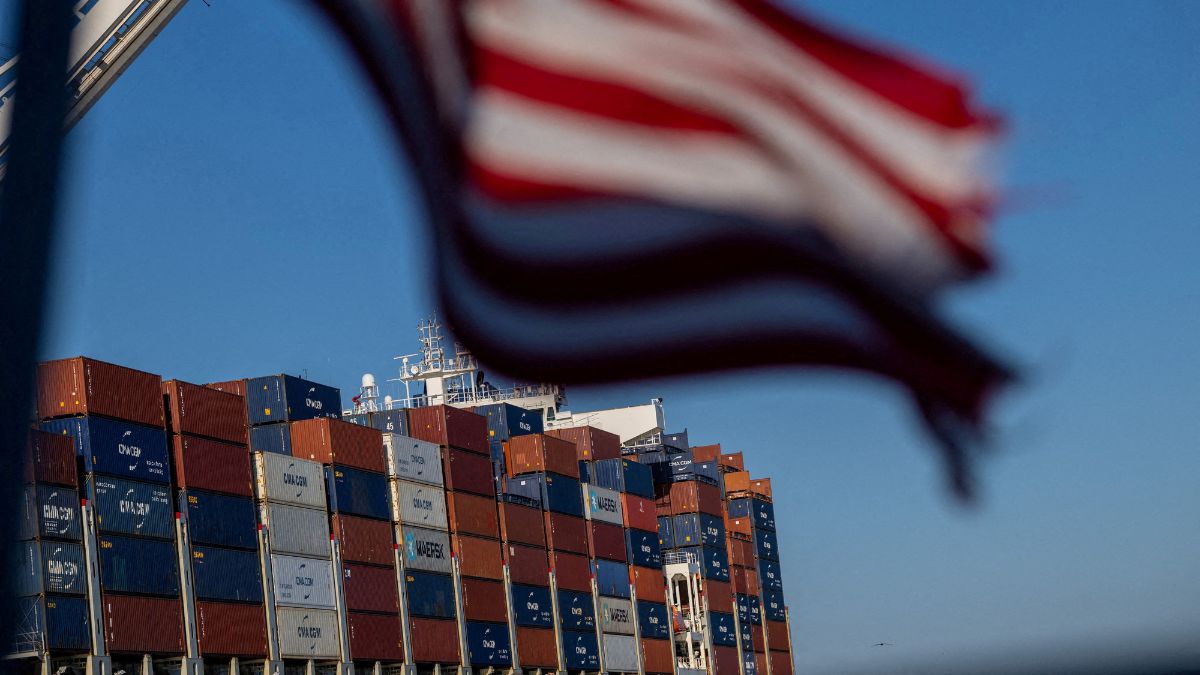)
)



